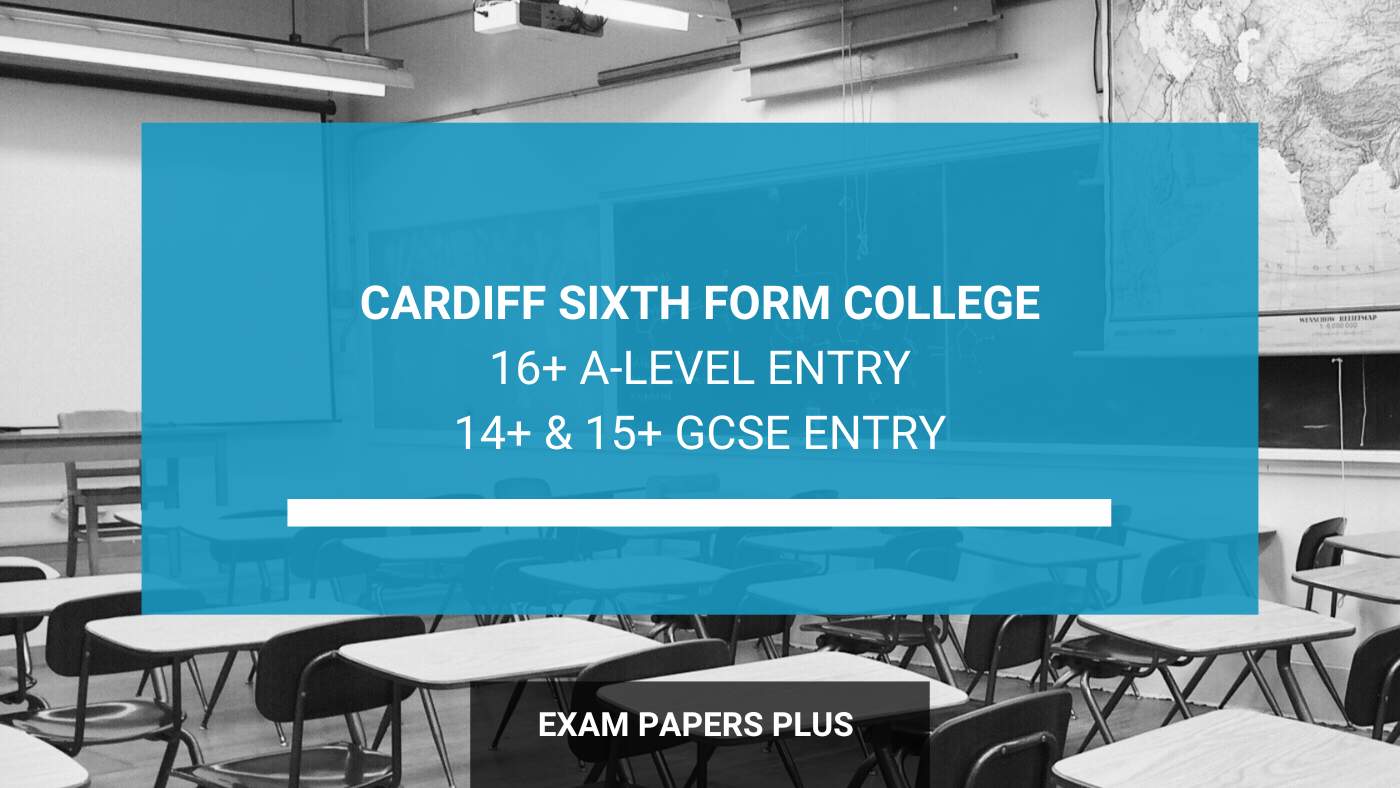
GCSE Chemistry Help: Preparing for the Exam
Bookmark this page? Pop your email into the box below to receive a link to this article so you can easily refer back to it later.
Table of Contents
Introduction
If you’re looking for GCSE chemistry help, you’ve come to the right place. In this post, we share our top advice for preparing for the chemistry exam. At Exam Papers Plus, we publish GCSE revision packs, so we know a thing or two about exam preparation.
Familiarise Yourself with The Exam Format
Before creating a study schedule, it’s important to get your head around what the GCSE chemistry exam entails. You’ll be assessed in ten main topic areas over two test papers:
- Atomic structure and the periodic table
- Bonding, structure, and the properties of matter
- Quantitative chemistry
- Chemical changes
- Energy changes
- The rate and extent of chemical change
- Organic chemistry
- Chemical analysis
- Chemistry of the atmosphere
- Using resources
In the first test paper, you’ll be asked questions on the first five topics, i.e. atomic structure and the periodic table; bonding, structure, and the properties of matter; quantitative chemistry, chemical changes; and energy changes. The test lasts for 1 hour 45 minutes and will be written.
The second test paper focuses on the last five topics, so you’ll be asked questions on the following: the rate and extent of chemical change; organic chemistry; chemical analysis, chemistry of the atmosphere; and using resources. This test also lasts for 1 hour 45 minutes and is written.
Each test contributes to 50% of your overall chemistry score.
There are four question types in the paper: multiple-choice, structured, closed short answer and open response. You’ll be asked to answer a combination of these throughout the test.
For more information on the GCSE chemistry test format, please read our post GCSE Chemistry Test Format: What to Expect on the Day and visit the AQA website.
Organising Your Coursework

After working your way through the GCSE chemistry syllabus for the last two years, you’ve probably amassed a lot of notes and handouts. To help you focus on the topics that are most relevant to the exam, we suggest you create a new folder specifically for exam revision.
Go through all your coursework and pull out any notes that refer to the ten exam topics. Rearrange them in your new folder, so that you have everything you’ll need for the exam in the one place. This way, if you find yourself struggling to remember a particular process or formula, you’ll know exactly where to look.
In addition to organising your notes, we recommend that you create a study timetable that outlines what you’ll study and when. Our preferred format for a study timetable is a wall planner. Because they’re usually poster-size, you’ll have a clear visual representation of how many days are left to the exam. It’s also really satisfying to mark off each day that you complete. In addition to recording what topics you’ll study, be sure to include time for practice test questions, so you can put your theory into practice.
Create an Equations and Formulas Sheet
One of the best ways to memorise reactivity series and ionic charges is to create an equations sheet. Having all your equations and formulas in one place can save you time when answering practice questions. It can also help you memorise each one by visualising the sheet in your exam.
On test day, you’ll be provided with a periodic table, so don’t worry too much about learning all the elements by heart. You will however, need to recall information on the reactivity series to predict how metals will react.
One way to format your equations sheet is to make up an acronym with the first letter of each metal, that way you can easily recall the ones you’ll need in the exam.
When it comes to learning the different formulae for ions, it helps to write them all down on flashcards as well as having them displayed on a single sheet. You can then use the flashcards to test your memory.
Use GCSE Chemistry Practice Tests
At Exam Papers Plus, we believe that the proof is in the practice. The sooner you introduce practice tests into your revision, the sooner you’ll be able to identify any weaker areas. As you continue to practice in the lead up to the exam, you can use practice tests to chart your progress.
At Exam Papers Plus, we publish revision packs that help students prepare for the exam. Out practice test papers can help you become familiar with the types of questions you’ll be asked on the day. When used under timed conditions, they’re also a great way to improve your time managements skills and get you used to answering questions under pressure.
As part of the process of creating our CSE chemistry packs, we thoroughly analysed reports from previous years to make sure our questions cover all the topic areas of the exam. We also studied the types of questions that students find most challenging and included examples in our packs, so you’ll have every eventuality covered.
All of our GCSE packs have been written and developed by former chemistry examiners and markers, so you can rest assured that our questions are tried and tested. They focus on the key skills that students need to develop to perform well in higher tier GCSE exams and they include detailed step-by-step answers and mark schemes for every question. Each question is labelled to identify the relevant exam boards.
We’d highly recommend the following resources to boost confidence in GCSE chemistry tests:
All of our GCSE packs are available immediately after download.
Related posts:
How to Revise and Practice for the GCSE Chemistry Exam
GCSE Chemistry Test Format: What to Expect on the Day
GCSE Chemistry Games to Help with Your Revision
Bookmark this page? Pop your email into the box below to receive a link to this article so you can easily refer back to it later.
















